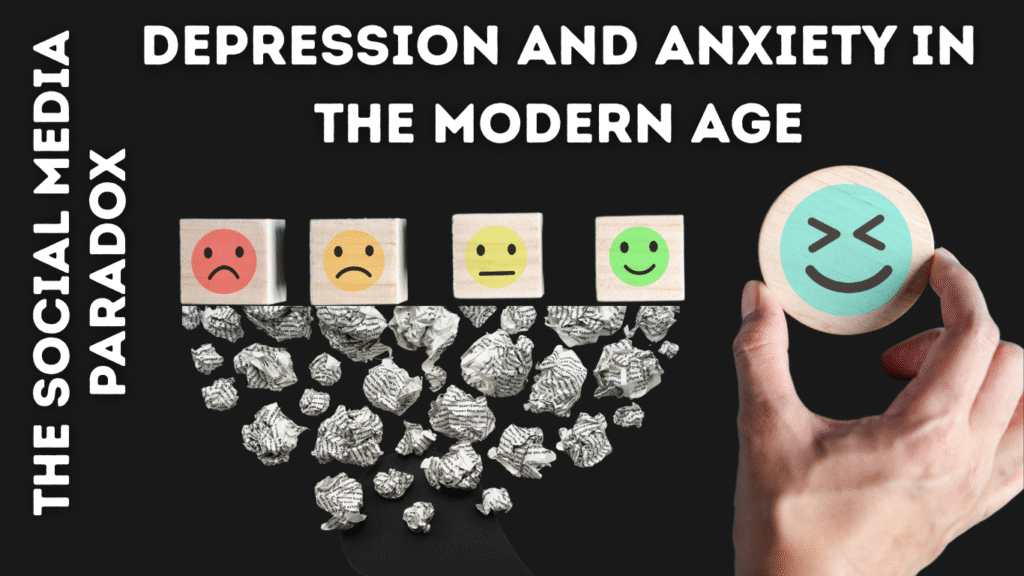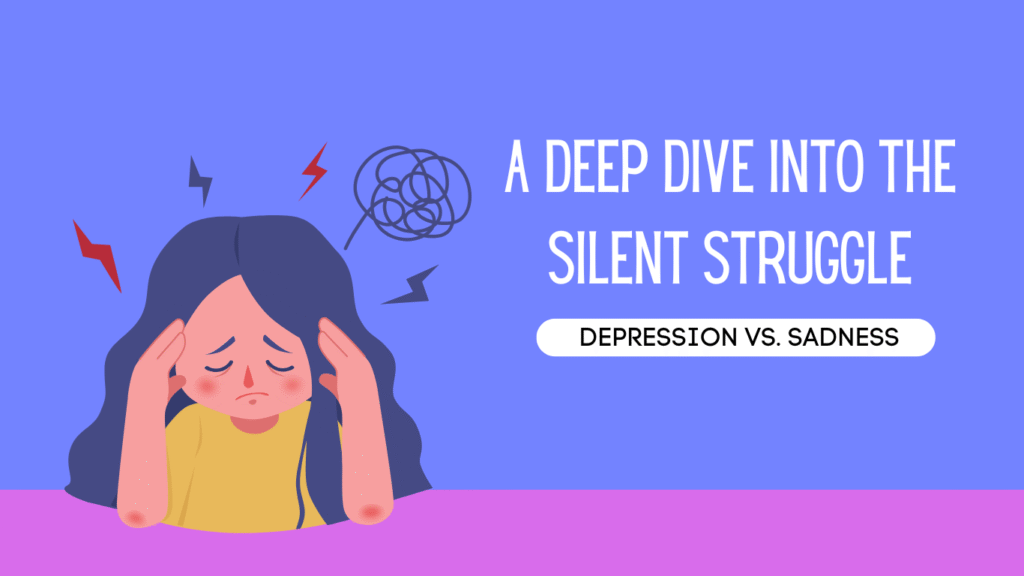Introduction
Do you ever feel completely drained — not physically, but mentally — even though you haven’t done anything intense? You might be experiencing something called decision fatigue. It’s the hidden reason why you’re mentally exhausted all the time, and you’re not alone. In today’s world of constant choices, our brains are overwhelmed. Let’s break down what decision fatigue is, why it happens, and how to manage it.
What Is Decision Fatigue?
Decision fatigue is the mental wear and tear that results from making too many choices throughout the day. Whether big or small, each decision chips away at your brain’s ability to think clearly and rationally.
The Psychology Behind It
Psychologists like Roy Baumeister have studied how our brain’s ability to make decisions declines as we make more of them. Just like muscles get tired after exercise, our mental strength depletes the more we use it. And in a world with endless options, we’re overusing it every day.
How the Brain Handles Choices
Every decision you make — from what to eat for breakfast to how to respond to an email — activates the prefrontal cortex, the part of the brain responsible for reasoning and self-control. The more it works, the more tired it gets, leading to mental exhaustion.
Why Too Many Decisions Drain You
Here’s the catch: your brain doesn’t really know the difference between choosing an outfit and choosing a career move. It exerts energy either way. So, by the end of the day, after dozens (if not hundreds) of tiny decisions, you’re wiped out — mentally.
Signs and Symptoms of Decision Fatigue
Not sure if you’re experiencing it? Here are some common signs:
Feeling overwhelmed by simple tasks
Procrastinating on decisions
Becoming irritable or impatient
Making impulsive or poor choices
Wanting to avoid people or responsibilities
Sound familiar? You’re likely suffering from decision fatigue.
Decision Fatigue vs. Burnout: What’s the Difference?
Though they seem similar, they’re not the same. Burnout is a long-term reaction to chronic stress. Decision fatigue happens daily and can be reversed more easily with rest and routine changes. However, frequent decision fatigue can lead to burnout if ignored.
Common Situations That Lead to Decision Fatigue
Everyday Choices
Choosing what to wear, what to cook, which message to reply to — these add up fast. Even tiny decisions deplete your cognitive resources.
Work-Related Decisions
If your job involves constant problem-solving, meetings, and choices, you’re at high risk for decision fatigue by lunchtime.
Digital Overload
Scrolling social media, switching between apps, or responding to endless notifications all require your brain to make rapid micro-decisions, leading to mental exhaustion.
Decision Paralysis Explained
Ever sat staring at a menu for 20 minutes, unable to pick something? That’s decision paralysis — when your brain is too tired to make even the simplest choice. It’s a key symptom of decision fatigue and leads to stress, frustration, and indecisiveness.
Willpower as a Finite Resource
Science shows willpower isn’t endless. It’s like fuel in a tank — the more you use it, the less you have left for later decisions. That’s why people tend to make unhealthy choices at night or overspend after a long workday.
How Decision Fatigue Affects Productivity
When your brain is overloaded, you’re less focused, make more errors, and waste time second-guessing. You might even start putting off tasks just to avoid making another choice — which creates a cycle of delay and stress.
Mental Exhaustion and Emotional Toll
Decision fatigue doesn’t just affect your mind — it weighs heavily on your emotions too. You might feel more anxious, snap at loved ones, or spiral into negative thinking patterns simply because your brain is tired of deciding.
How Social Media Worsens It
Think about how often you’re asked to “like,” “comment,” “share,” or “click.” Each is a tiny decision that consumes mental energy. Over time, these micro-choices stack up and contribute to a foggy, overloaded brain.
Strategies to Reduce Decision Fatigue
Simplify Your Routine
Wear the same types of clothes. Eat similar meals. Set schedules. The fewer choices you have to make, the more brainpower you conserve.
Automate Choices
Use technology to automate recurring decisions — like bill payments, calendar scheduling, or grocery deliveries.
Use the Power of “No”
Saying no saves mental energy. Don’t commit to things you don’t need or want to do.
Make Big Decisions Early in the Day
Tackle the most important decisions first thing in the morning when your mind is fresh and your willpower is strongest.
How Successful People Handle Decision Fatigue
Steve Jobs wore the same outfit daily. Barack Obama limited his wardrobe and meal choices. These aren’t coincidences. High performers reduce unnecessary decisions so they can focus energy where it counts.
Conclusion
Decision fatigue is real — and it’s draining your mental energy every day. But by understanding how it works and applying simple strategies to reduce daily choices, you can reclaim your focus, energy, and peace of mind. Remember, your brain is a powerful tool — don’t let it burn out on small stuff.
FAQs
1. How many decisions does the average person make a day?
Studies suggest the average adult makes over 35,000 decisions daily — no wonder we’re exhausted!
2. Can decision fatigue affect relationships?
Yes. When mentally drained, you may become irritable or avoidant, which can hurt communication and intimacy.
3. Is decision fatigue a mental health issue?
While not a clinical diagnosis, it can lead to poor mental health outcomes if unmanaged.
4. How long does it take to recover from decision fatigue?
Sometimes, just a good night’s sleep or a decision-free break can restore mental energy.
5. Can children experience decision fatigue?
Absolutely. Overwhelming children with too many choices can lead to frustration and behavioral issues.


